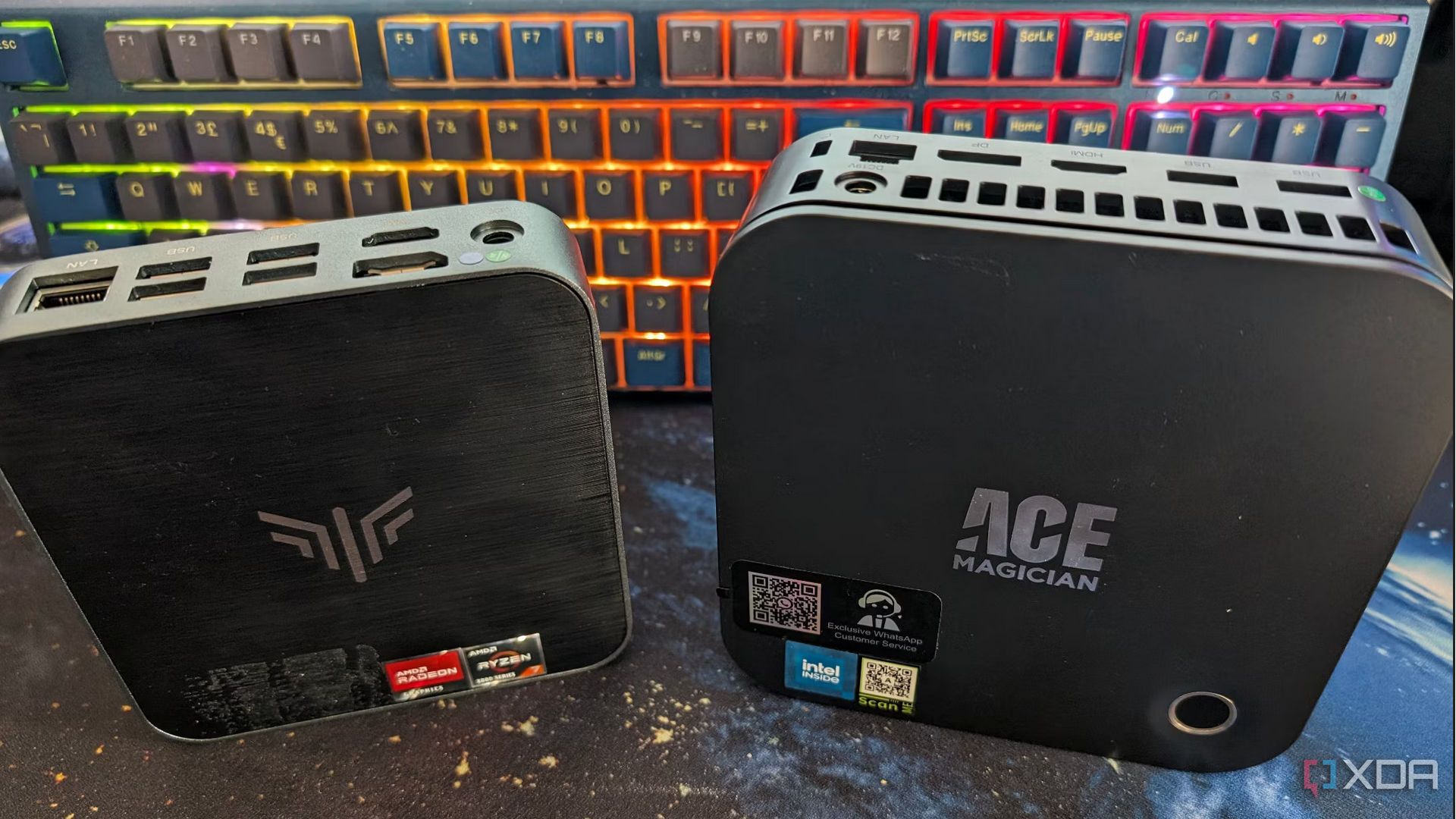URGENT UPDATE: Home lab enthusiasts are experiencing a major shift as users replace traditional Raspberry Pi clusters with a single, powerful mini PC. This transition highlights the growing demand for efficiency and simplicity in tech setups, particularly among hobbyists and professionals alike.
Just announced, the shift to using a mini PC, like the Geekom Air 12 Lite featuring the N150 processor, has proven to deliver significantly better performance, reliability, and ease of management. Many users report that the change not only boosts speed but also reduces the complexity associated with maintaining multiple devices.
The implications of this transition are profound. Users are now able to host demanding applications such as Nextcloud, Jellyfin, and Grafana without facing the load management issues that plagued their Raspberry Pi clusters. The mini PC offers a smooth and quiet operation, making it a game-changer for those seeking a dependable home lab environment.
One user noted that managing a cluster of Raspberry Pis required constant updates and synchronization, transforming a once-enjoyable hobby into a time-consuming task. Switching to a mini PC simplified operations to one manageable environment, cutting down maintenance time drastically. This efficiency allows for more focus on innovative projects rather than troubleshooting and updates.
Latest data shows that the Geekom mini PC consumes about 8 to 10 watts during idle periods, comparable to just two or three Raspberry Pis under moderate workloads. This energy efficiency, combined with reduced clutter from eliminating extra devices like network switches and powered USB drives, results in a cleaner workspace and potentially lower utility bills.
The move to a single-platform system also addresses ongoing compatibility issues previously faced with Arm architecture. Users report that switching to x86 hardware has resolved software headaches, leading to a smoother experience when running Docker images and virtual machines. With the ability to run applications natively without emulation, the mini PC allows for greater experimentation without the frustration of broken images.
Moreover, the emotional impact of this transition cannot be overstated. Users describe a newfound sense of calm in their workspaces, as the mini PC operates quietly in the background, transforming the home lab from a chaotic experiment into a reliable and efficient setup.
As the tech community embraces this shift, it raises an important question: Is the era of Raspberry Pi clusters coming to an end? While they still hold value for educational purposes and lightweight workloads, the advantages of a single, powerful mini PC are becoming increasingly clear.
Looking forward, tech enthusiasts are encouraged to explore the benefits of consolidating their home lab setups. The immediate advantages of speed, efficiency, and simplicity make a compelling case for the transition to mini PCs. As more users make the switch, the trend is likely to gain momentum, reshaping how home labs are built and maintained.
Stay tuned for more updates as this story develops and the tech community continues to adapt to these exciting changes.





































































